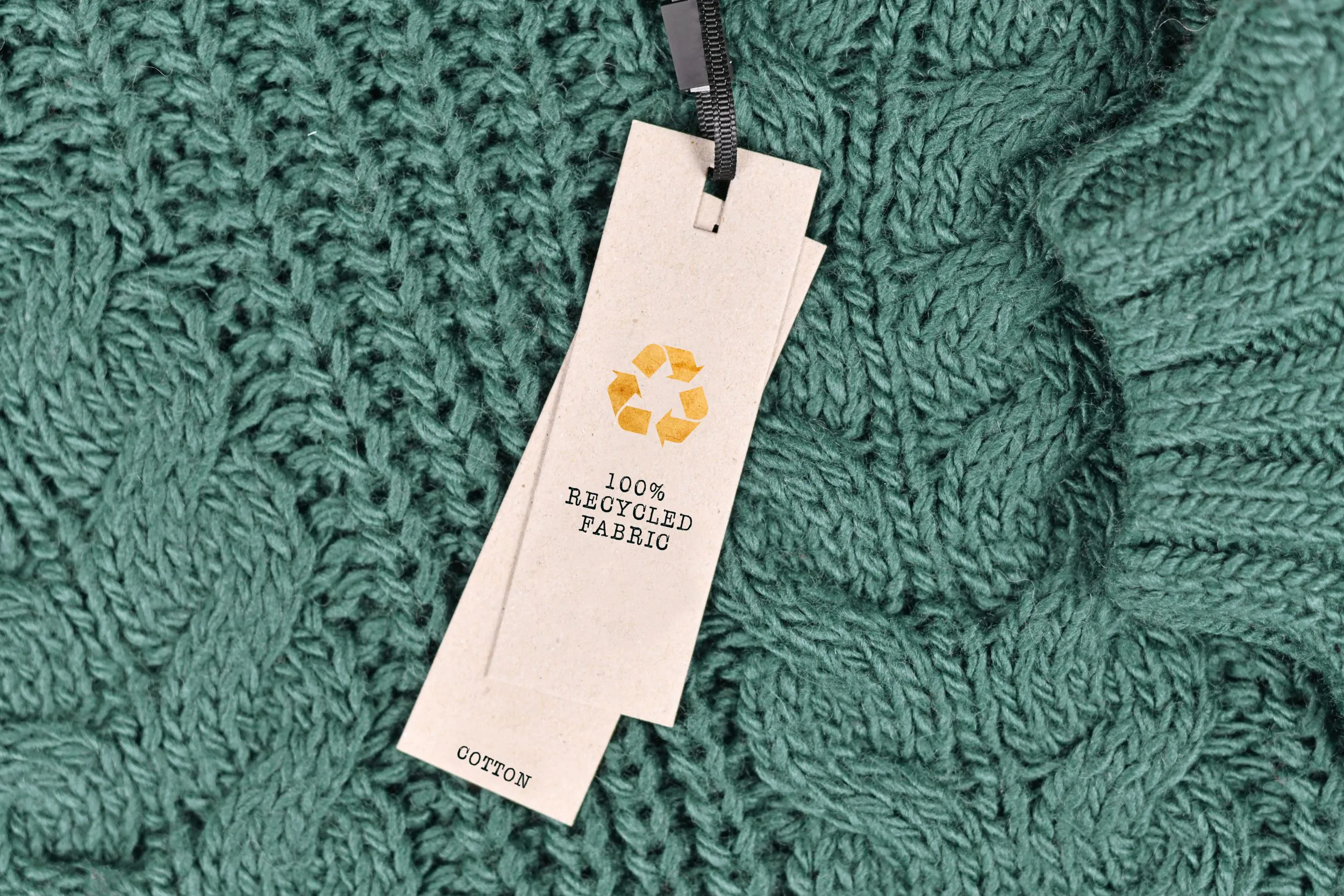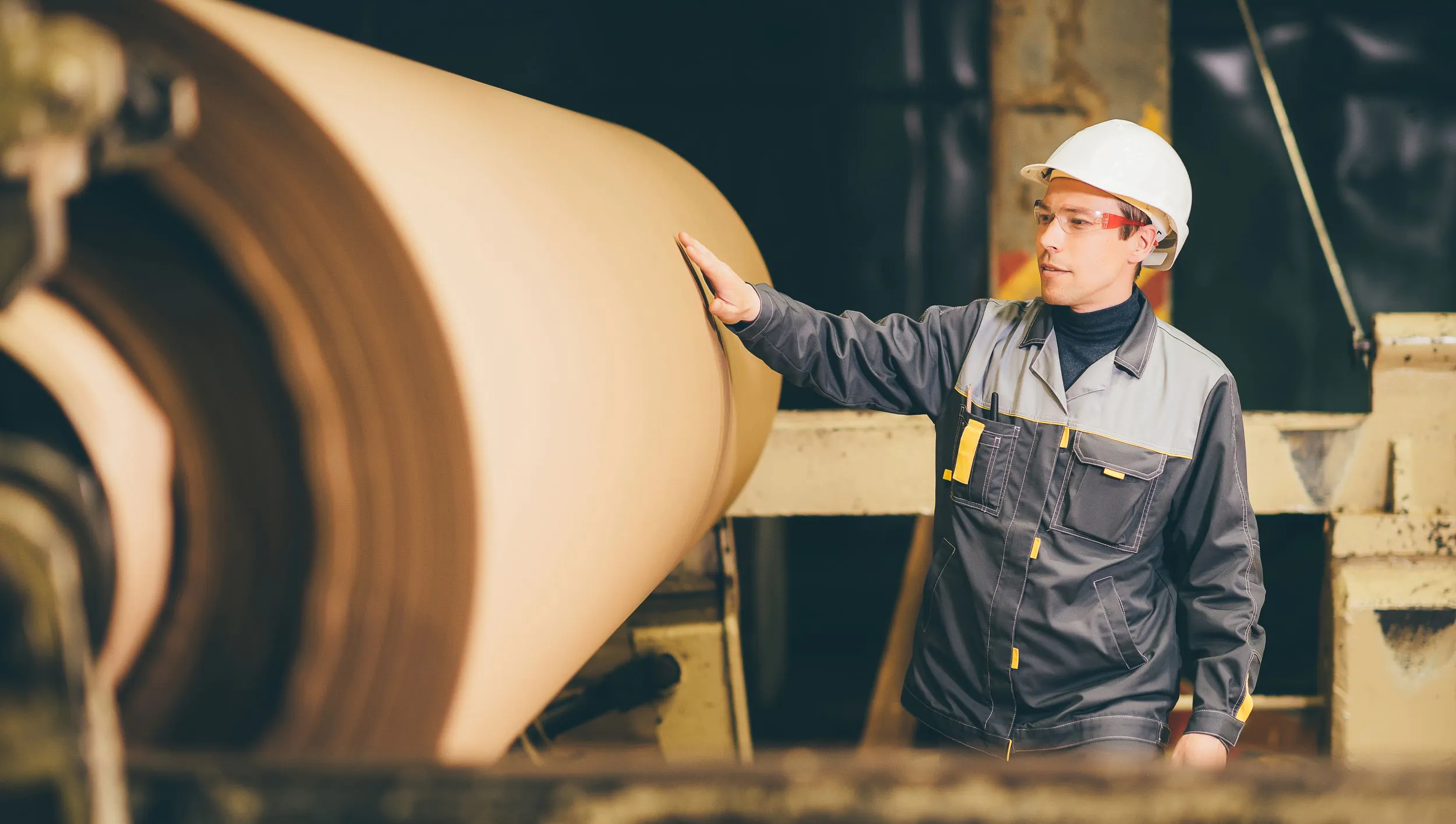Textiles are invaluable materials with numerous applications, from fashion to protection to decoration and much more. The product variety in the fiber and thread industry continues to increase, catering to many different textile needs such as breathability, water and heat resistance, or biodegradability. With fast fashion showing no signs of slowing down along with the breadth of applications that textiles are used for across industries, the demand for both natural and synthetic fibers continues to rise.
The global market for fiber, yarn, and thread was valued at nearly $75 billion in 2020 and is expected to be worth nearly double that by 2025. By 2030 it’s predicted that the market will be worth over $190 billion. Demand for specialized fibers in particular is expected to grow as consumers look for functional apparel and sustainable products. The global market is fragmented, with the industry’s 10 largest players accounting for just 39% of it in 2020. This leaves room for smaller and younger businesses to compete in the fiber and thread industry, especially those that offer a unique value proposition.
But while textiles are invaluable to many applications and industries, the industry still faces challenges of its own. One issue of growing importance around the world is sustainability, and the textile industry is a very substantial source of waste, emissions, and water usage, making it costly from an environmental standpoint. There is therefore increasing pressure for fiber and textile producers to improve the sustainability of their materials and processes, creating opportunities for new companies, products, and processes to move into the market.
Sustainability Will Be Key for the Fiber and Thread Industry
Recyclable and closed-loop fabrics are in high demand from companies looking to address consumer concerns around sustainability and meet current or upcoming government regulations. Fabric and fiber companies are developing more efficient manufacturing processes, working with more sustainable natural fibers such as hemp and wool, and developing new synthetic materials that are less resource-intensive and easier to recycle. Some businesses are also creating new recycling methods and machinery in order to make the process easier and more affordable. As circularity and waste reduction become higher priorities, fabric recycling will be a key concern across the industry.
While government regulations and incentives towards sustainability are significant concerns for fabric and fiber companies, consumer expectations are an increasingly important factor as well. Many consumers take sustainability and social responsibility into account when making purchase decisions and are even willing to pay a higher price for a product that meets those expectations. However, consumers are also increasingly expecting transparency and accountability from the companies they shop with — they expect a business to back up its claims rather than taking labels and marketing copy at face value.
Dissolvable Thread Making Garment Recycling More Practical
The global textile industry uses roughly 100 million tons of new fibers and threads every year, and the vast majority of them end up in a landfill or incinerator. A significant amount of these textiles can be recycled, but the time and expense involved means that most businesses don’t find it profitable to do so. Garments with a large number of seams or components such as zippers, buttons, and labels require time-consuming manual labor to disassemble for recycling. While mechanical disassembly is also an option, it results in fibers that are too short to be used for closed-loop recycling, limiting their usefulness and quality in new products.
Some companies in the fiber and thread industry have therefore developed new materials to make garment recycling faster, easier, and more efficient.
Industrial thread company Coats has created EcoCycle, a range of threads that dissolve in water. The threads are still strong enough to hold together throughout a garment’s life, including typical washing and drying, but will dissolve when washed at 95°C in an industrial machine. This allows garments to be easily pulled apart and separated from other components so that they can be sorted for recycling. Coats is now working to collaborate with industry brands, manufacturers, and recyclers to scale up on circularity in the garment industry.
Resortecs is another company in the fiber and thread industry creating products to facilitate garment recycling. Its Smart Stitch thread dissolves with exposure to temperatures from 150°C to 190°C and is comparable to conventional sewing thread in terms of look, feel, and performance. The company also manufactures and operates Smart Disassembly industrial ovens that dissolve the thread. These ovens function without oxygen and flame, and the heat that they generate can be reused as they operate in a closed-loop system, making them energy efficient. Because this system doesn’t require water or chemicals either, it can dramatically reduce the environmental footprint of the garment production and recycling process, cutting down on emissions, waste, and water consumption.
Recycling-as-a-service is also an option from Resortecs, as the company works with a network of recyclers across Europe to help fashion brands find buyers for their disassembled textile material. Companies therefore have the option of selling the materials or reprocessing them into fiber, yarn, and fabric themselves, helping to facilitate circularity in an industry that’s becoming known for the amount of waste it generates.



